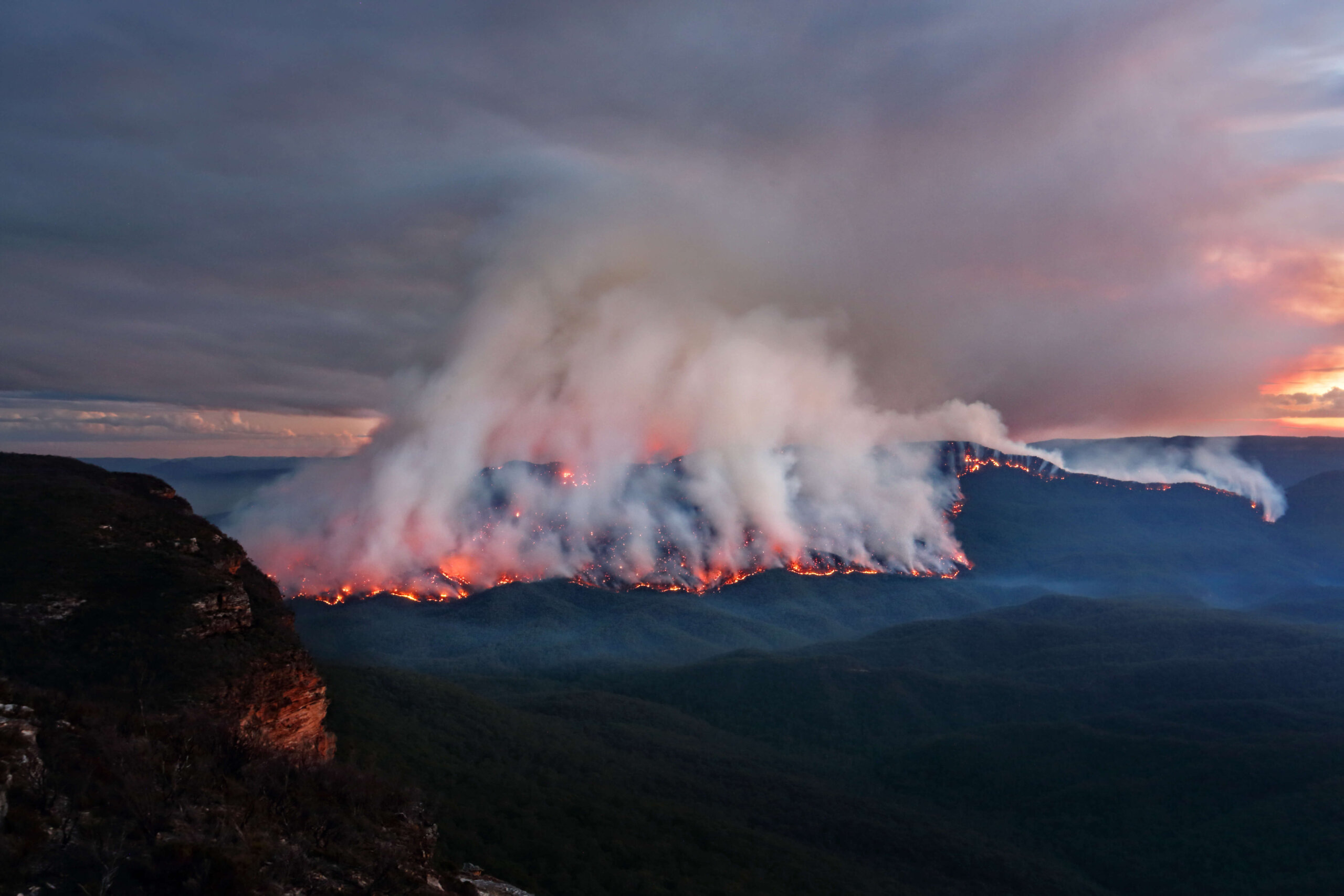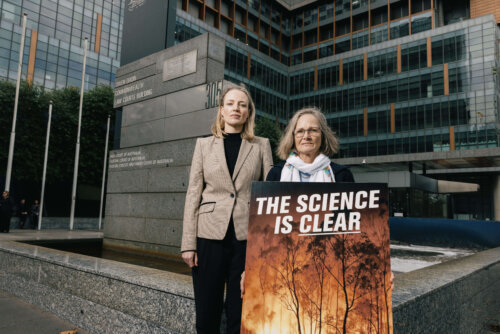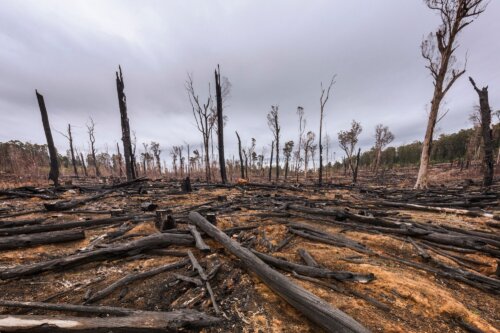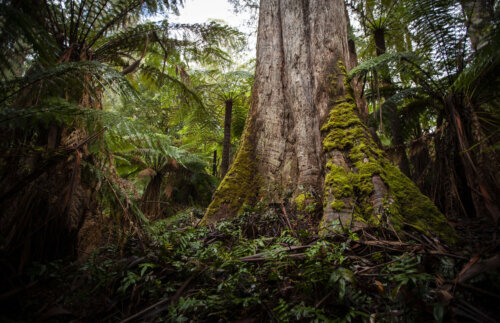WOTCH v VicForests
The case to stop VicForests logging critical wildlife habitat after bushfires
EJA represented citizen scientists Wildlife of the Central Highlands (WOTCH) to stop VicForests logging critical habitat after bushfires.
At the time of its launch in January 2020, this was the first court case to protect threatened wildlife in the wake of the bushfires, which destroyed almost six million hectares of forest and an estimated three billion animals nationally.
Represented by Environmental Justice Australia, the group of citizen scientists was granted injunctions to protect substantial areas of Victoria’s forests while the case was being decided.
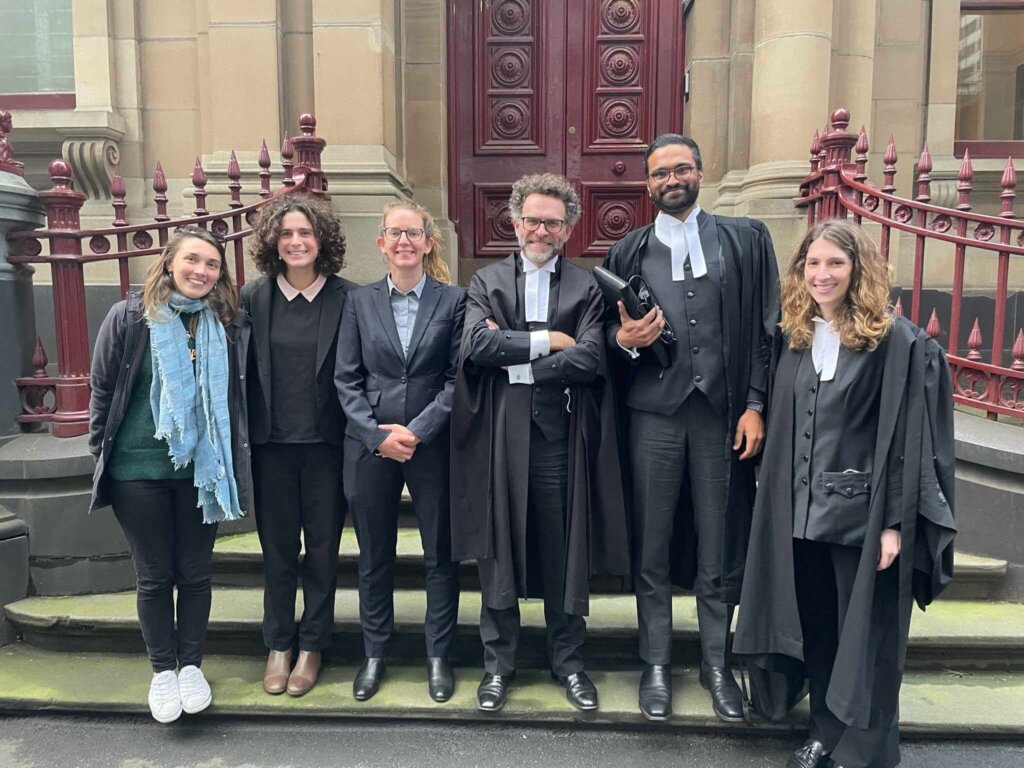
Why was this case necessary?
The catastrophic summer bushfires of 2019-2020 destroyed vast swathes of Victoria’s native forests and millions of animals, including threatened wildlife.
Shockingly, despite the devastation, VicForests continues to log unburnt forests home to threatened wildlife.
Threatened species like Greater Gliders and Powerful Owls have lost much of their remaining habitat, pushing them even closer to extinction. It’s a devastating blow to the places and wildlife we love.
The forests home to this threatened wildlife include forests in the Kalatha Valley of the Giants in Toolangi, along the Koala Creek near Cambarville, in the Upper Thomson water catchment, and around Mansfield, Noojee and Warburton.
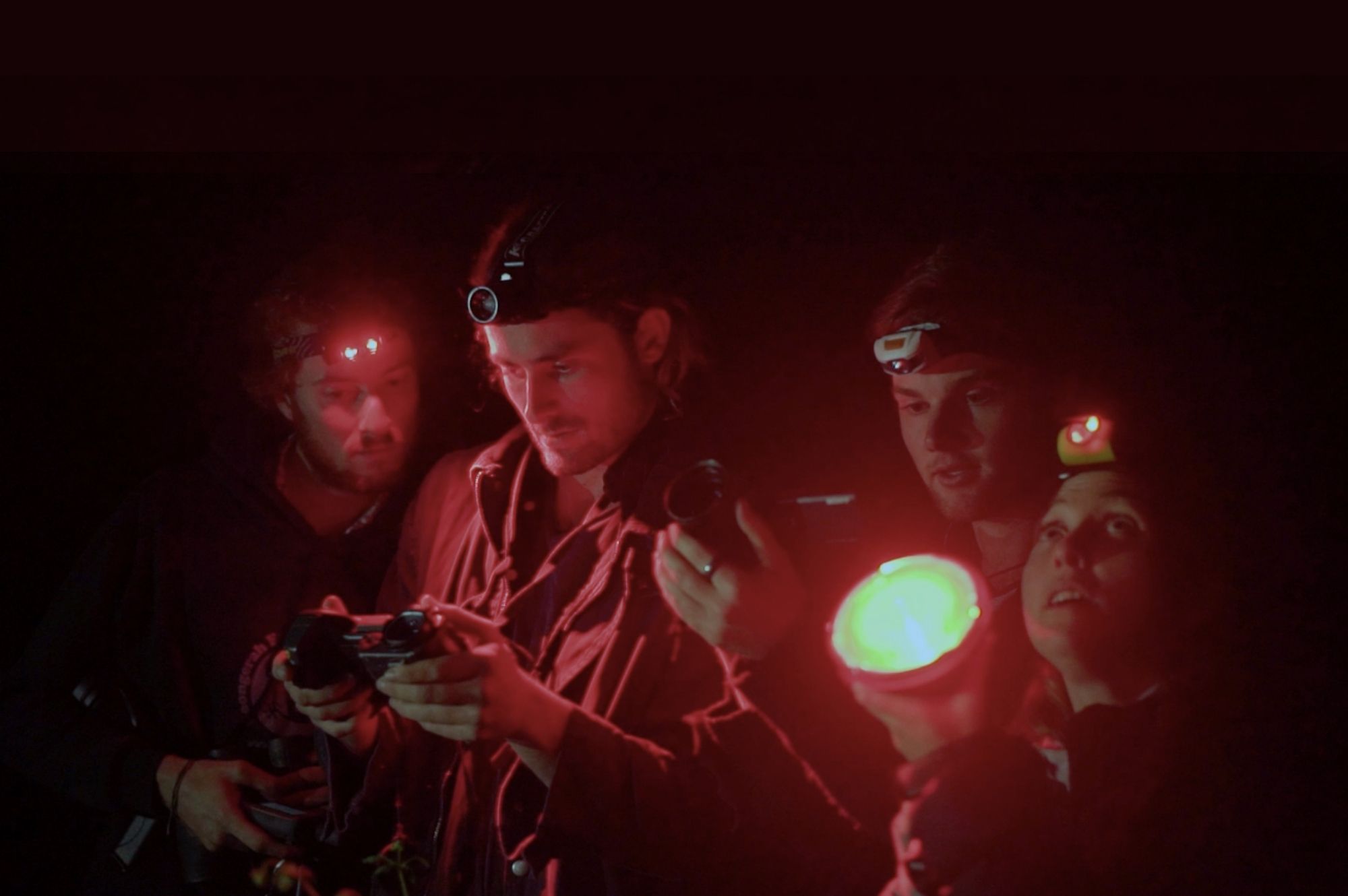
About the client
Wildlife of the Central Highlands (WOTCH) is a volunteer-run grassroots organisation dedicated to protecting Victoria's native forests through the use of citizen science, community engagement and advocacy.
They use thermal and infrared video technology to search for threatened species in forest earmarked for logging, to have the area protected.
WOTCH has protected over 1500ha from logging.
Case timeline
Defending unburnt habitat in the Supreme Court
In January 2020, representing Wildlife of the Central Highlands (WOTCH), a community group of citizen scientists from Victoria’s Central Highlands, EJA lawyers launched a Supreme Court case against VicForests.
The community group’s legal challenge sought to stop VicForests – the Victorian government’s logging agency – from logging areas of unburnt habitat for threatened species impacted by bushfires, including the Greater Gliders, Sooty Owls, Powerful Owls and Smoky Mice.
WOTCH alleges that logging operations in areas where threatened species impacted by the bushfires have been sighted or where their habitat exists is unlawful until:
- the state and federal government have concluded their bushfire biodiversity responses, and
- VicForests protects threatened species in light of the outcome and the impacts of the bushfires.
They contend that by planning and conducting timber harvesting operations in these areas, VicForests has failed, and will fail, to comply with sections 2.2.2.2 and 2.2.2.3 of the Code of Practice for Timber Production 2014. This would be unlawful under the Sustainable (Forests) Timber Act 2004 (Vic), which requires VicForests to comply with any relevant Code of Practice relating to timber harvesting.
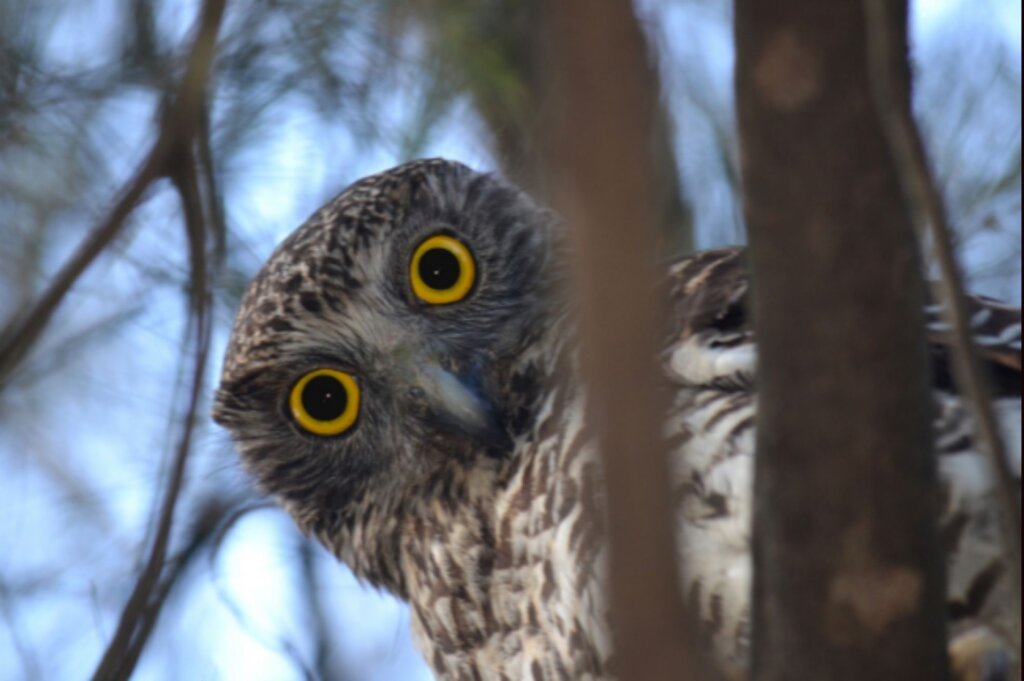
“Logging unburnt habitat for threatened wildlife will have a devastating impact and is likely to put these unique species on a rapid trajectory to extinction.
“As citizen scientists who monitor these species, we can’t sit by and watch this happen, so we are taking VicForests to the Supreme Court and seeking an immediate halt to logging operations in threatened species habitat.”
– Jake McKenzie, Citizen scientist, WOTCH
The Victorian government’s own preliminary response to the bushfires lists the threatened Greater Glider, Smoky Mouse, Sooty and Powerful Owls among the “fauna species of most immediate concern.”
Yet clear-fell logging continues in their habitat.
At the time of its launch, this was the first court case to protect threatened species in the wake of the bushfires.
WOTCH was granted injunctions to protect 40 forest areas while the case has been heard.
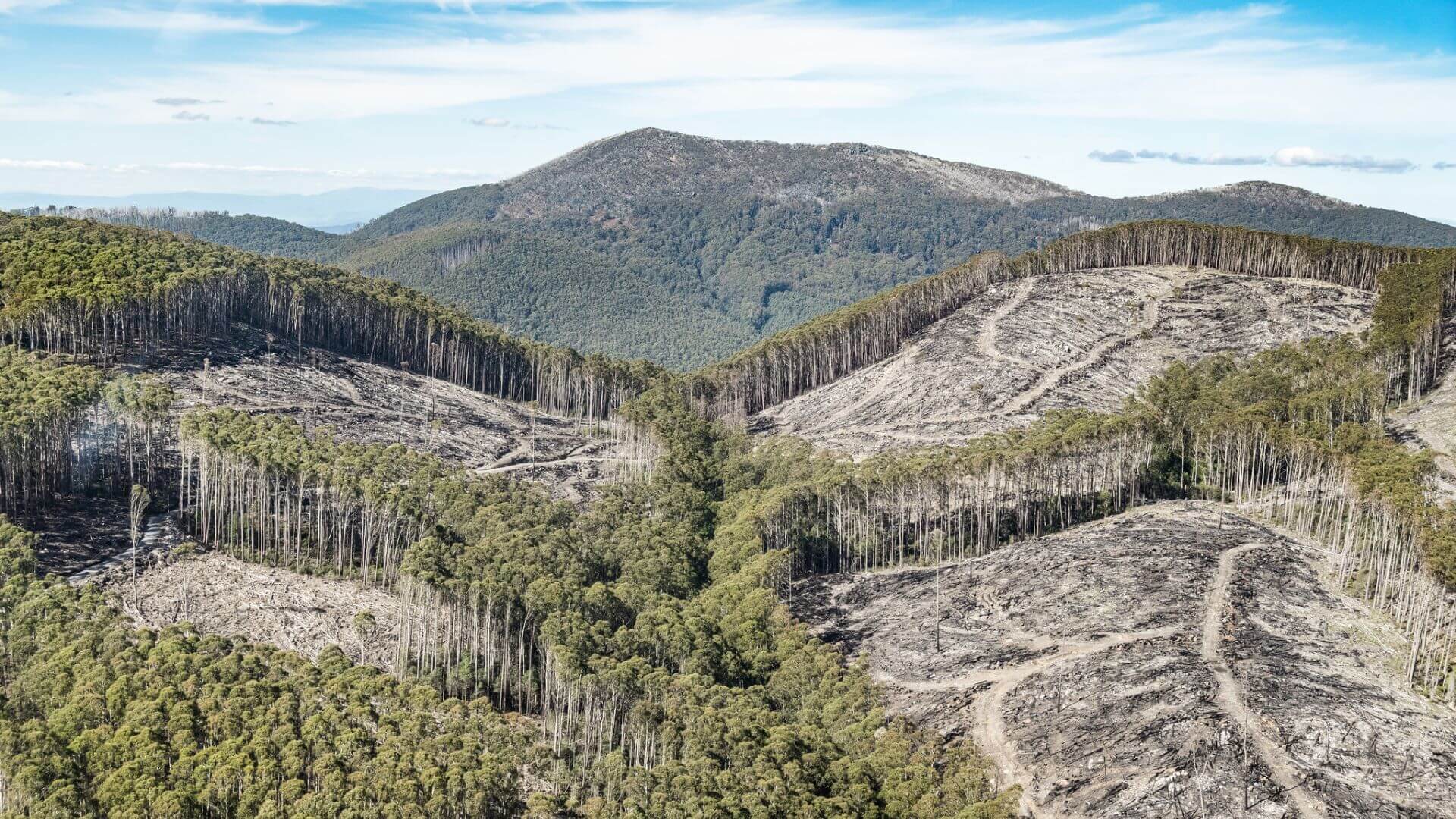
VicForests continued logging in Victoria despite bushfires destroying almost 6 million hectares of forest and an estimated 3 billion animals nationally, including threatened species.
Supreme Court case
Over three weeks in March 2022, EJA lawyers represented WOTCH, which is run completely by volunteers, as they delivered evidence and were cross-examined as witnesses.
The courtroom heard observations of animal surveys that WOTCH has conducted on wildlife like the Greater Glider. They also outlined some of the wildlife habitat found in the Central Highlands and East Gippsland, such as hollow-bearing trees, and how logging was damaging important habitat elements.
VicForests witnesses were also cross-examined. This highlighted some of the key issues of the case, such as VicForests' failure to apply the prescriptions required to avoid damage to habitat in areas where WOTCH had found evidence of Greater Gliders.
We made closing submissions in March 2023.
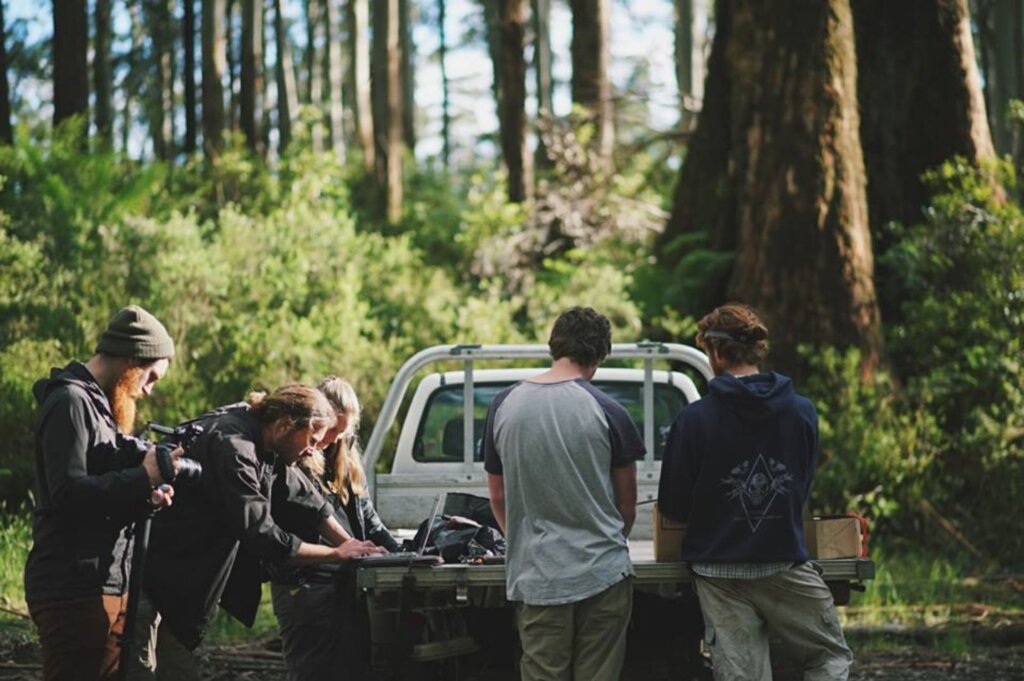
“I think the Victorian public would be horrified to hear that our government-owned logging agency is continuing to clear-fell log the habitat of threatened species – given the scale and severity of the recent bushfires in Eastern Victoria.”
– Jake McKenzie, Citizen scientist, WOTCH
End to native forest logging in Victoria
In May 2023, the Victorian government announced native forest logging will end by 1 January 2024. This is a extraordinary victory that was decades in the making.
It means the right to log 1.8 million hectares of land will be taken off VicForests. Our forests will keep standing. Our threatened wildlife are safer. We can visit today – and take our children tomorrow.
This win is a testament to the countless citizen scientists, environmental lawyers, community groups, forest activists and Traditional Owners who fought tirelessly to protect our vital forests.
The Victorian Government acknowledged that along with the bushfires, court actions by community groups and environmental lawyers were a key factor in the decision to bring forward the end of native forest logging.
However it appears that "salvage" logging may continue in Victoria's native forests.
After the announcement, VicForests added 184 new logging coupes to its Timber Release Plan to ‘allow for flexibility’.
More than 65,000 hectares of public land is also still on the chopping block beyond 1 January 2024, with logging centred around Benalla, Mansfield, Bendigo, Central and East Gippsland, the Mid-Murray and Western Victoria.

"This extraordinary victory was decades in the making. Thanks to the countless citizen scientists, community groups, forest activists and Traditional Owners who have fought tirelessly to protect our vital native forests.
"And thanks to our formidable, brilliant forest litigators who have represented and continue to defend these people in cases that sometimes feel like they’ll never end."
— Nicola Rivers, EJA Co-CEO
Closing submissions reopened
In October 2023, EJA lawyers were back in the Supreme Court representing WOTCH, as Justice Keogh considered developments since closing submissions for the case, including the announcement by the Victorian Government that it would end native forest logging from 1 January 2024.
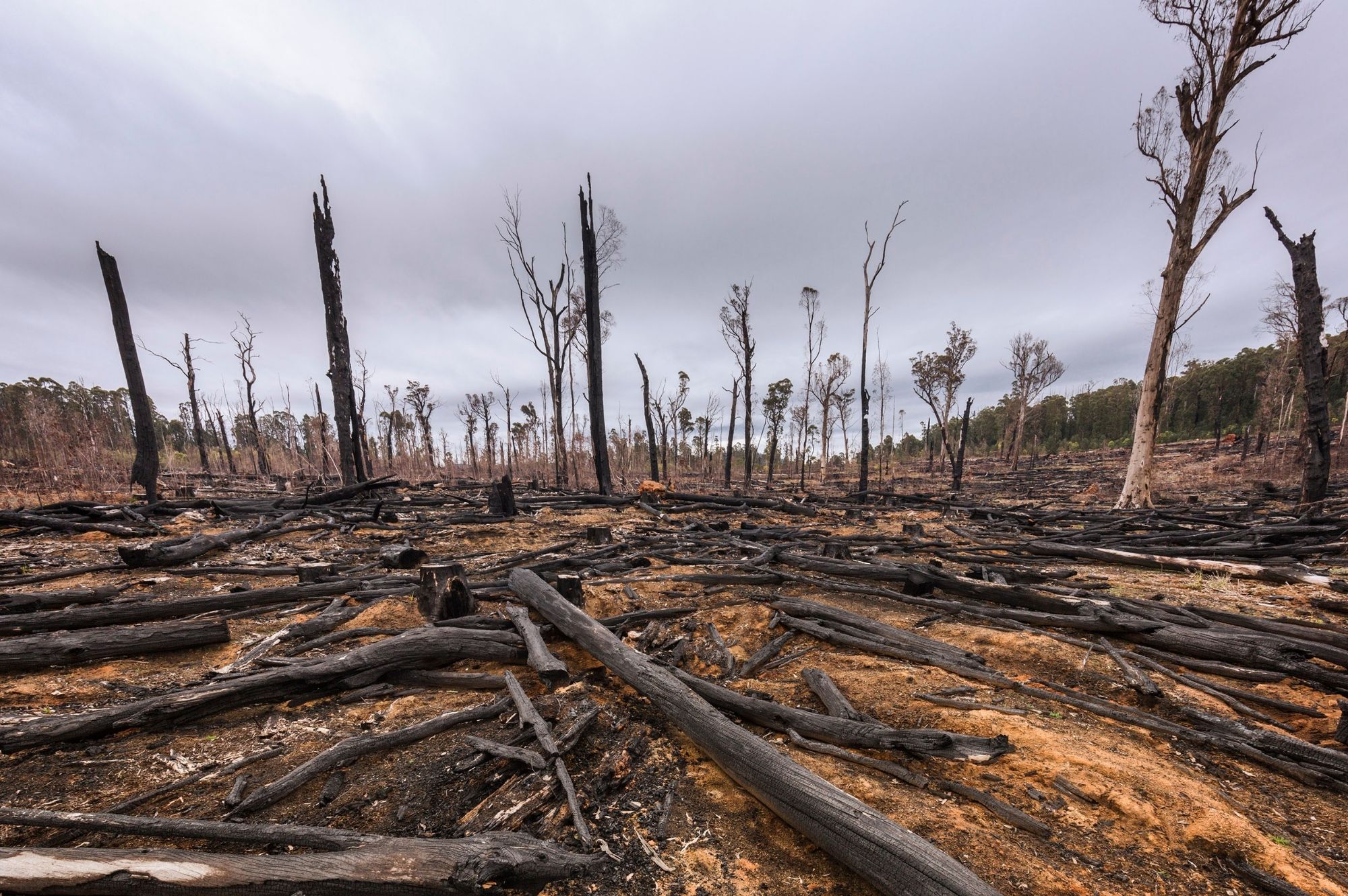
"Our client is keeping up the fight through this challenging legal journey. Cases like this are in the public interest and take hours of legal and scientific work to win.
"We sifted through hundreds of pages of evidence and engaged some of the best experts and barristers to protect what remains of these vital forests."
— Nicola Silbert, EJA Lawyer
Case closed
In January 2024, after 4 long years, we’ve finally wrapped up an epic Supreme Court battle to protect critical habitat after the bushfires – representing WOTCH.
We have settled this case – which is a great result for our client and a huge win.
Threatened species like Greater Gliders, Sooty Owls, Powerful Owls, and Smoky Mice can keep calling their extraordinary habitat home.
The case involved long trials with complex and powerful evidence from experts and WOTCH citizen scientists.
In January 2020, representing Wildlife of the Central Highlands (WOTCH), a community group of citizen scientists, EJA lawyers launched a Supreme Court case against state-owned logging agency, VicForests, to protect critical habitat after the bushfires.
This was the first ever case to protect threatened animals in the wake of the catastrophic 2019-2020 black summer bushfires, which destroyed almost six million hectares of forest and an estimated three billion animals nationally.
In a genuine David vs Goliath battle, WOTCH was granted injunctions to protect large swathes of forest in the Central Highlands and East Gippsland that narrowly escaped destruction, and were home to species like Greater Gliders, Sooty Owls and Smoky Mice.
In court, we saw VicForests own Greater Glider expert agree that logging should never have been considered, let alone planned, in remaining refuge areas for the Greater Glider in East Gippsland.
In 2022, the powerful force of the evidence at trial in this case finally brought an end to native forest logging on the Errinundra Plateau – an incredibly unique forest refugia that generations of conservationists have fought to protect, since the 1980s.
Then, in early 2023, it was revealed in Court that the Government was bailing out VicForests, including $38 million of taxpayer money paid in a period of just six months to compensate timber supply contractors and customers.
Alongside this case, our friends in other legal teams launched cases in the Victorian Supreme Court to enforce the powerful precedent we set in the Federal Possums Case – protecting Tree Geebungs and Greater Gliders across eastern Victoria in a series of successful cases.
Together, we succeeded. In May 2023, the Victorian Government announced an end to native forest logging from 1 January 2024!
An extraordinary victory that means 1.8 million hectares of land is no longer on its chopping block. Our forests will keep standing. Our threatened wildlife are safer.
This is testament to the relentless dedication of our clients and formidable forest litigators working tirelessly over the years.
And it’s thanks to the generosity and determination of people like you – who stood with us during this long battle.
Cases like this one – which helped pave the way to end (most) native forest logging in Victoria – show why forest litigation is so important. It’s proof that ambitious public interest court cases can keep our forests – and the animals that call them home – standing today and tomorrow.
While this case has come to an end, the fight to protect Victoria’s forests isn’t quite over yet. The logging industry is trying to re-brand itself as disaster and fire management, with plans to continue cutting down trees and selling wood – even within National Parks!
We can’t let this happen.
We’re working hard to close the loopholes and put an end to disaster logging before it’s out of control, enforce our environment laws to protect our National Parks from exploitation, and campaign for new National Parks to securely protect our native forests for good, with traditional owner management front and centre.
The montane forests of South Eastern Australia are incredible relics of Gondwana and of World Heritage significance – home to the tallest flowering plants on Earth and rainforests home to towering Eucalypts and incredible species found nowhere else. We’ll keep fighting for their protection.
